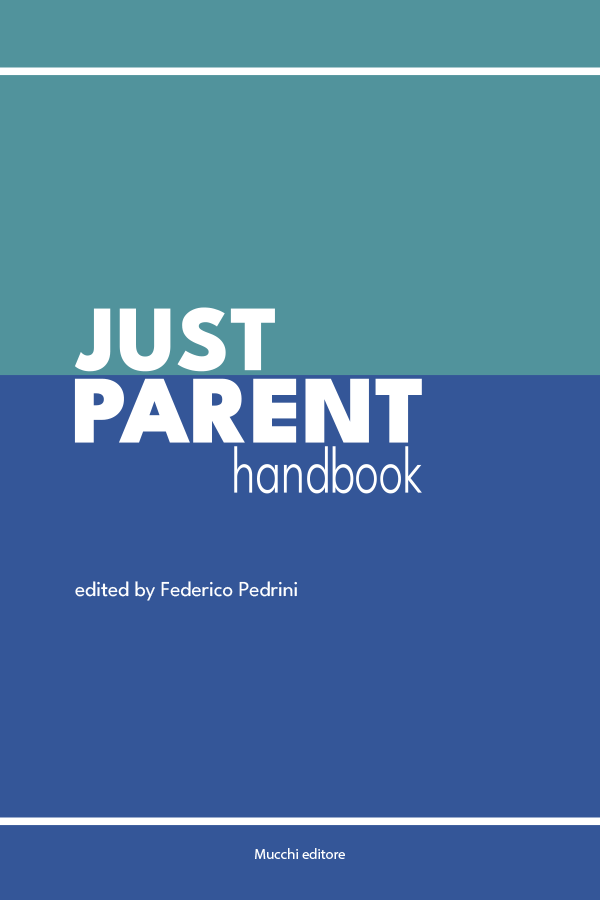The project dealt with the issues arising from the progressive expansion of cases of parenthood that is not biological but based on self-determination. More specifically, the project analyzed the recent and controversial phenomenon of functional and intentional parenthood, that can be traced in the stable and affective relationship between the person assuming parental responsibility and the child, in the absence of a biological bond between the two. Sometimes these phenomena are regulated by policy makers, as in the case of adoptions and artificial insemination, sometimes arise in the case law. In certain cases, however, the phenomena are banned in some countries and allowed in other. The most challenging issue of this phenomenon is the admissibility in a general way of achieving recognition of the relationship between the parents and the child in order to ensure a full protection of the child beyond the way in which they were procreated.
Il progetto ha affrontato le problematiche derivanti dalla progressiva espansione dei casi di genitorialità non biologica ma basata sull’autodeterminazione. In particolare, il progetto ha analizzato il recente e controverso fenomeno della genitorialità funzionale e intenzionale, rintracciabile nella relazione stabile e affettiva tra la persona che si assume la responsabilità genitoriale e il minore, in assenza di un legame biologico tra i due. A volte questi fenomeni sono regolati dai policy maker, come nel caso delle adozioni e della fecondazione artificiale, altre volte emergono nella giurisprudenza. In alcuni casi, invece, i fenomeni sono vietati in alcuni Paesi e consentiti in altri. La questione più impegnativa di questo fenomeno è l’ammissibilità in modo generale di ottenere il riconoscimento della relazione tra i genitori e il bambino, al fine di garantire una piena protezione del bambino al di là del modo in cui è stato procreato.

